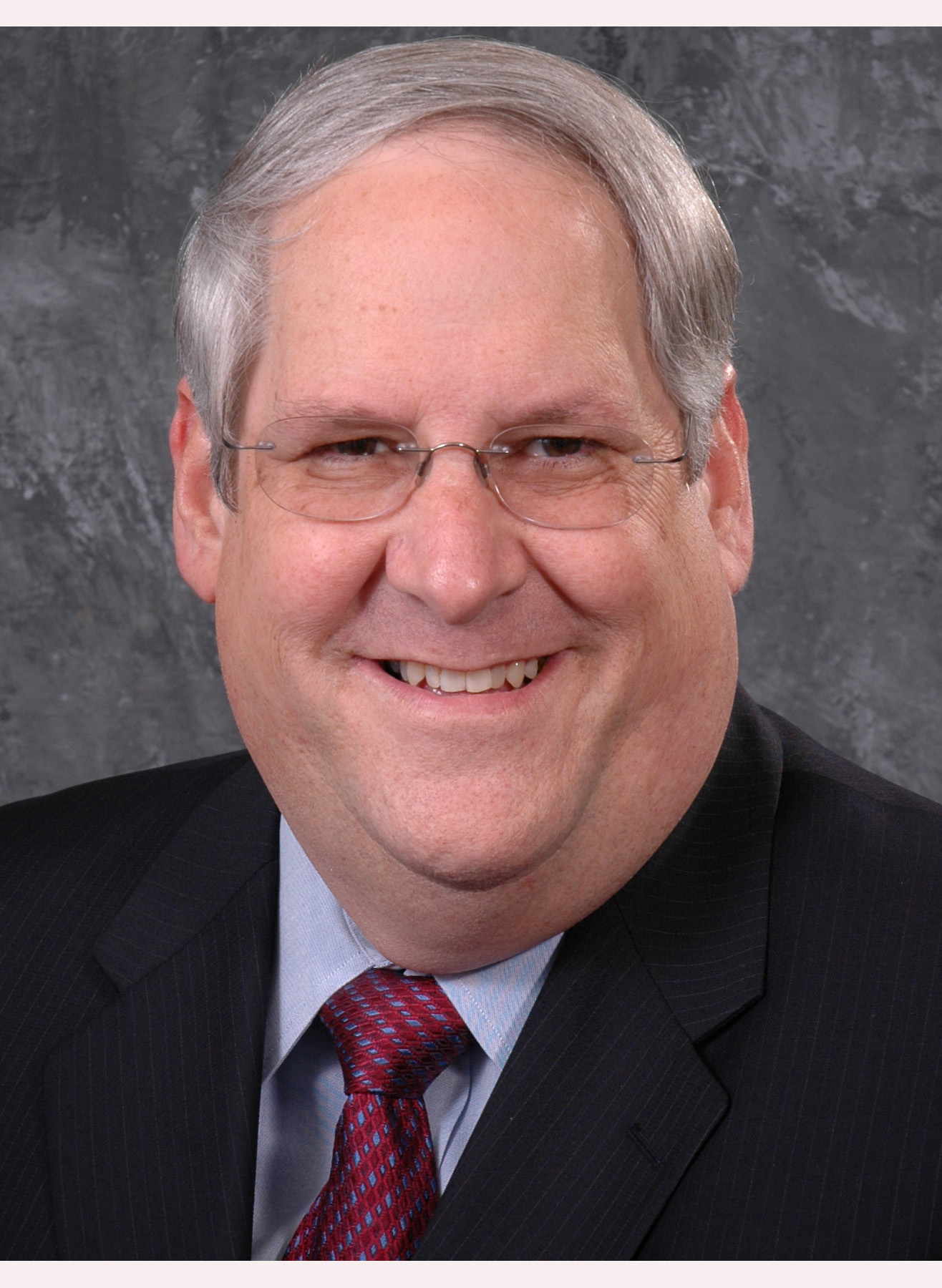
EDITOR’S NOTE: Chuck Kelley is president of New Orleans Baptist Theological Seminary.
NEW ORLEANS (BP) — This may seem like a silly question, but do you know who Southern Baptists are?
When asked that question, many people will think in terms of our theology and doctrine. We believe in the inspiration and inerrancy of Scripture. We are a people of the Book and, therefore, we read it, preach it and seek to follow its teaching as we live our lives. We are theologically conservative and hold to a distinctive Baptist theology.
Another way to address the question is to look at our mission. Who are we in terms of what we do? We answered that question at the first meeting of the Southern Baptist Convention in 1845. After voting to create the SBC, messengers also voted to create a Foreign Mission Board and a Board for Domestic Missions.
The glue that has always held us together is a common passion to call all the peoples of the world to a saving faith in Jesus Christ. The Great Commission is our DNA, literally. The glue that has always held us together and formed the basis of unprecedented levels of cooperation between completely autonomous churches is a common passion to call all the peoples of the world to a saving faith in Jesus Christ. More money is given to our mission enterprises by Southern Baptists than any other aspect of our work as a convention. We are a people determined to take the Gospel to the ends of the earth.
Most of us know what we believe and most of us know what we do, but how many of us know who our churches are? We have 46,000-plus churches. What are those churches like? If you imagine that the typical Southern Baptist church is a large church with extensive ministries, you would be incorrect. One of the most amazing truths about Southern Baptists is that we are a convention of smaller churches who work together to fund and operate large, extensive ministries on a state, national and global scale.
For instance, approximately 90 percent of all Southern Baptist churches have 250 people or less attending worship on any given Sunday. Nearly 70 percent of all our cooperating churches have 100 or fewer in attendance each week. Less than 2 percent have more than 1,000 people present for Sunday worship. Clearly the Southern Baptist Convention is composed of far more smaller churches than larger churches.
There are many important implications flowing from this truth about Southern Baptist churches. Many of our pastors are bivocational pastors. They have both a secular career and a church ministry, often because the church they serve cannot afford to pay a full-time salary. If students are serving a church during seminary, it is nearly always a small church. When students go to serve a church after seminary, that church is often a smaller church, not a large or megachurch. When we start new churches, they typically begin as small churches.
Research indicates churches with less than 1,000 people present on a Sunday morning give a higher percentage of their budget to the Cooperative Program than churches with more than 1,000 people. In other words, smaller churches are the backbone of the Southern Baptist Convention.
These churches are the source of our ministers, our missionaries and much of our funding for the Cooperative Program.
Small is the new big. Our future will be determined by how well we nurture our small churches and enhance their fruitfulness.

















